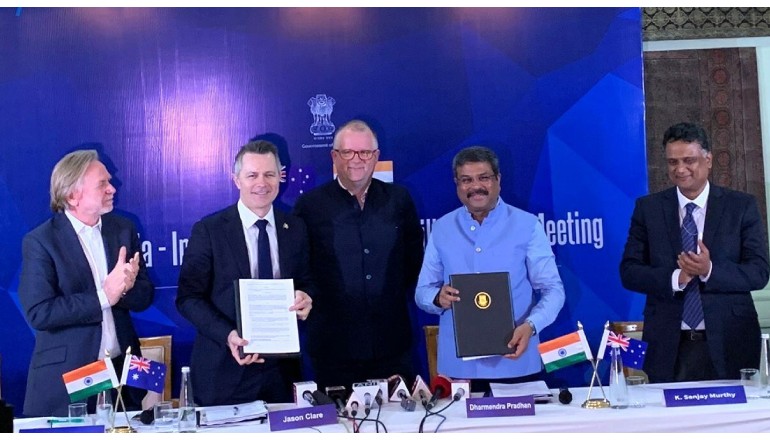The Indian Navy is setting gender-neutral goals.
Very soon the sea cadets will be called “Nausainik Class I” or “Nausainik Class II instead of the present Seamen 1 or Seamen 2.
In a first among the uniformed trio of the army, navy, and airforce, Admiral R Hari Kumar, Chief of the Naval Staff has submitted a proposal to the Defence Ministry. The proposal seeks approval to change the nomenclature of various ranks to make them gender-neutral, This move aligns with the recent induction of women sailors and it marks a positive shift towards inclusivity.
I feel particularly happy on the eve of International Women’s Day and believe that Admiral Kumar’s initiative will go a long way in integrating gender neutrality in the Indian Navy. An optimistic Admiral Kumar hopes to see a woman as Chief of Naval Staff within the next 30-35 years.
The Navy started inducting women into the force only in the recent past.
However, while this change is commendable, it also raises questions about the persistence of male-dominated nomenclature in the corporate world as well. Many companies, such as the largest public sector bank in India, the State Bank of India (SBI), faced challenges when seasoned banker Arundhati Bhattacharya was elected as the first chairperson.
Beyond Gender Neutrality:
The initiative by the Indian Navy, no doubt serves as an inspiration not only for other branches of the defense forces but also for the corporate sector. This should encourage all the segments to embrace gender-neutral language and practices to create a more equitable future.
As the number of women in the workforce continues to rise, it is prudent to consider similar nomenclature changes in the corporate world. This will reflect the evolving demographics and create a truly inclusive environment for women leaders.
But should it just stop at gender neutrality? The demand for inclusivity may raise concerns about practicality and potential challenges. However, these challenges can be addressed through collaborative efforts.
While the government sets broader policies, true inclusivity requires a collective push from the government, corporations, and private entities. By working together, we can create a framework that fosters inclusivity without compromising efficiency.
Collaborative efforts are crucial for a sustainable development journey. Sustainable development requires not just economic growth, but also social progress and environmental responsibility.
The Indian Navy’s move is a positive step. But it’s a reminder that equality requires a multi-faceted approach. Let’s use this as an opportunity to work towards a future in which everyone feels included and empowered.











